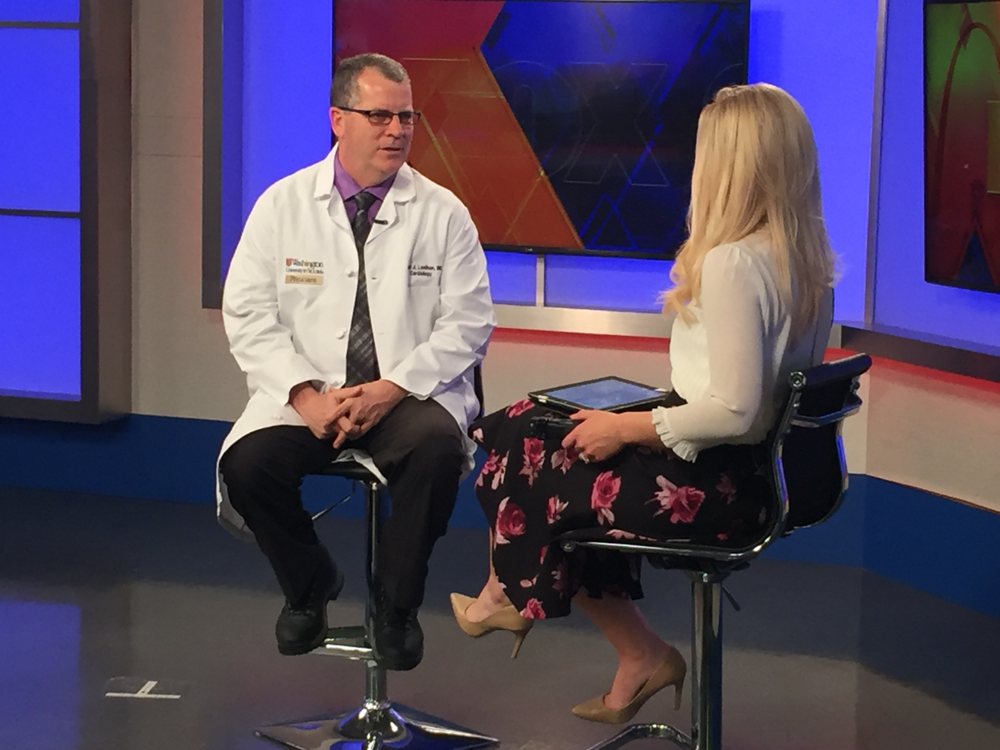Taking Survival To Heart
Vision
Eliminate cardiovascular disease as a barrier to effective cancer therapy in all of our patients being treated or who were previously treated for cancer.
Mission
We exist to advance cardiovascular care of cancer patients and survivors by promoting collaboration among researchers, educators and clinicians around the world.
Find out More
Tampa, FL USA
Phone: 813-323-5448
Email : Directoricos@gmail.com
Why CardioOncology?
Cancer and cardiovascular disease (CVD) are the two most common causes of death and disease worldwide! The incidence of both cancer and cardiovascular disease increases with age. With increased life expectancy, the burden of both diseases will increase substantially over the next decade.
Also, advancement in cancer therapy and supportive care has led to an increasing number of survivors of childhood cancer. childhood cancer Seventy percent of the children diagnosed with malignancy before the age of 15 years will have a disease-free 5-year survival from diagnosis. Cancer is now being recognized as a chronic disease, as evidenced by a growing number of cancer survivors that currently exceeds 11 million. With further improvement in cancer therapy, this number will likely increase in years to come. As the numbers of survivors grow so does the number of patients living with the late effects of cancer-related cardiotoxicity. Amongst Hodgkin lymphoma patients who have received radiation, CVD is one of the most common causes of death.
Physicians and ancillary staff frequently provide care for patients with cancer and cardiovascular disease. Some cardiac diseases predate the diagnosis of cancer, whereas other conditions like chemotherapy-induced cardiomyopathy and radiation-related heart disease are directly related to the cardiotoxic side effects of cancer therapy.
The cardiotoxic side effects of 5-fluouracil, adriamycin, and tyrosine kinase inhibitors are well known. However, the cardiotoxic profiles of newer investigational chemotherapeutic agents are largely unknown.
Chemotherapy frequently induces thrombocytopenia, which in itself poses a therapeutic challenge in the management of conditions such as acute coronary syndrome, atrial fibrillation, stroke, and patients with prosthetic valves. Evidence-based treatment of cardiovascular disease in cancer patients is lacking largely because all cardiology trials have excluded patients with cancer and similarly cancer trials have excluded patients with significant cardiovascular comorbidity.
While recently some single-center studies have shown the efficacy of medications like ace inhibitors and beta blockers for the treatment of chemotherapy-induced cardiomyopathy, evidence-based treatments of other major cardiovascular diseases in cancer patients are not well established.
In our research, we have covered common conditions such as venous thrombosis, cardiovascular effects of radiation therapy, cardiovascular effects of anthracycline in childhood cancer survivors, and management of aortic aneurysm in cancer patients. research The use of a newer modality, such as computed tomographic angiography (CCTA), may provide a pivotal role in the investigation of cancer patients with concomitant cardiac problem, as outlined in a clinical investigation in the ICOS Journal. The case reports presented describe conditions that are unique to cancer population. Cardio-oncology is a growing field, and promotes collaboration between highly specialized professionals.
NO ONE HAS EVER BECOME POOR BY GIVING
Your contribution of financial resources helps to improve patient care by enhancing diagnosis, treatment and follow up care. Our goal is to extend the natural history of the lives of patients. To make a tax-free charitable donation today, please Donate Now.
Donate NowA diverse leadership team empowers a group with many talents, ideas and resources.
Our charity helps those people who have no hope
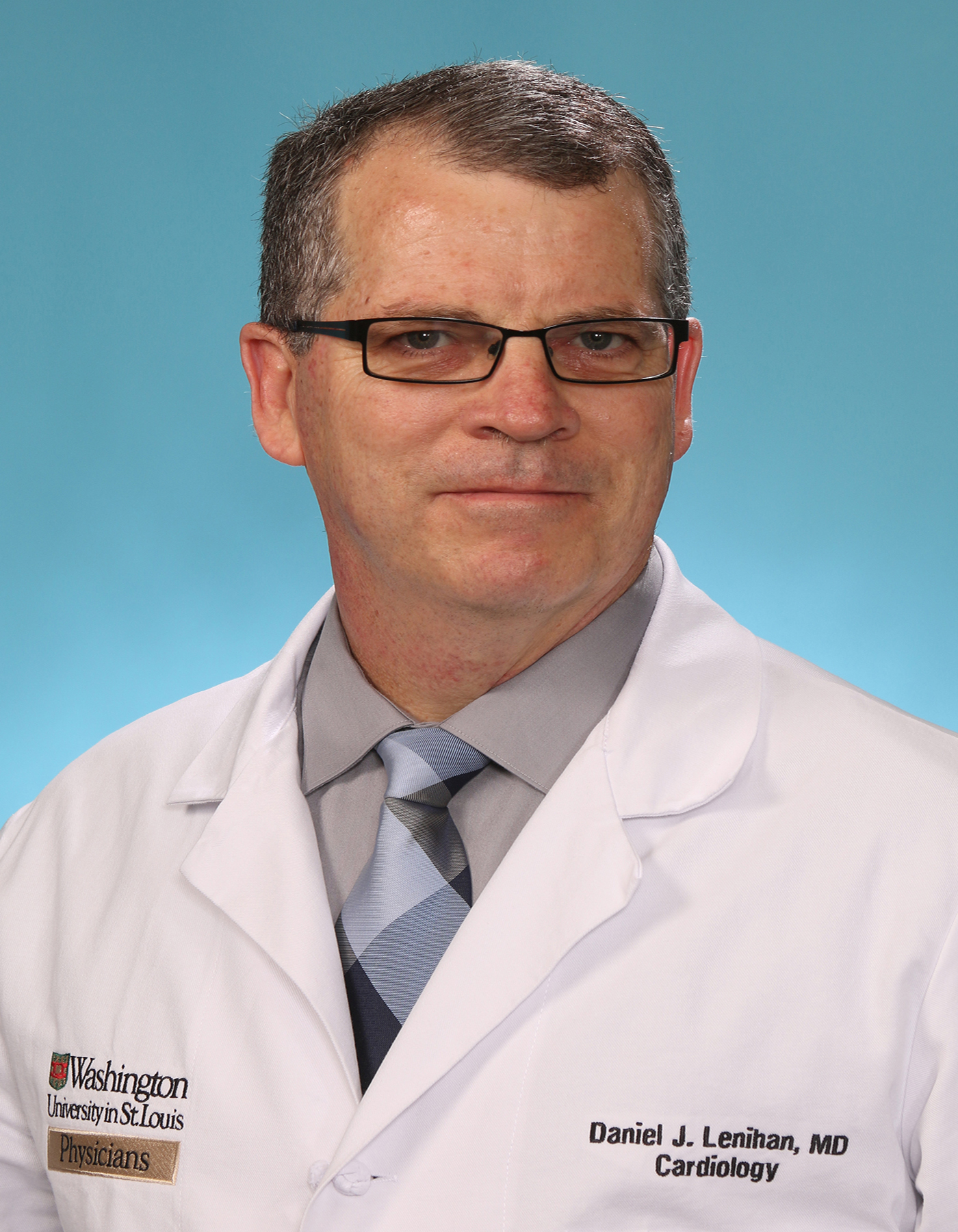
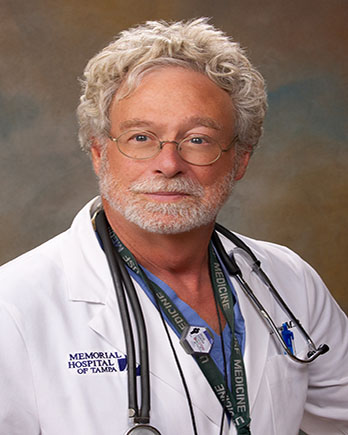
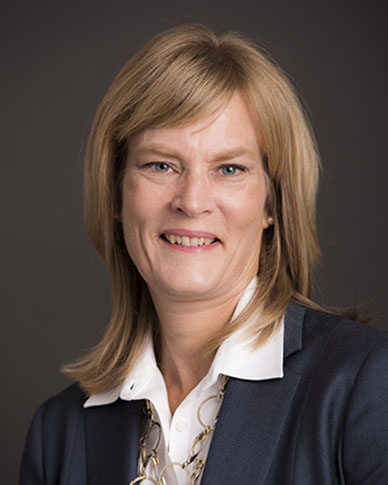
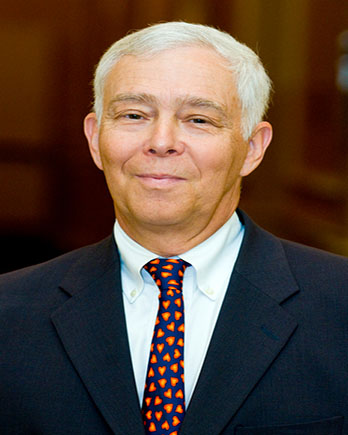
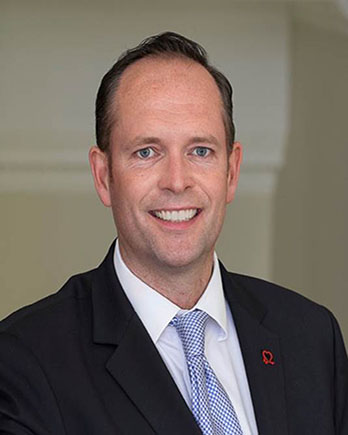
Become a Volunteer and Do Something for Society
ICOS is an international society committed to the research and education related to cardiac disease in cancer patients.
Patient Questions
Got Questions
